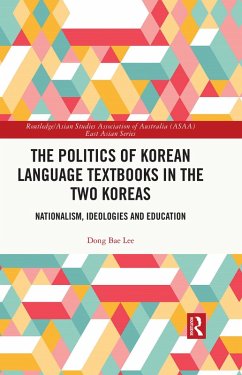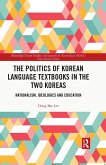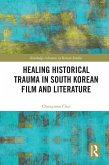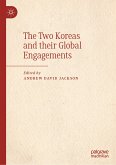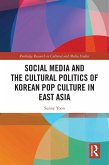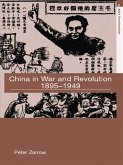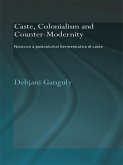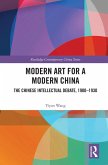By analysing the inclusions and omissions from Korean-language the author successfully highlights the impact of Korean politics, making clear how rulers have attempted to control their citizens and legitimize their rule by using primary school Korean-language textbooks as a medium for political education and inculcation. It succinctly displays how different visions of 'ideal citizenship' have been presented in Korea and traces the resulting shift in views towards neighbouring nations as a result, identifying how different rival countries were demonized at different times. This chapter also shows some consistent omissions, such as the lower classes and marginalized individuals within their respective nations.
Presenting recommendations for potential improvements of the content of future textbooks this study will be of interest to students of Asian Studies, Post-colonial Studies, Critical Curriculum Studies, Critical Discourse Studies, and Korean Studies.
Dieser Download kann aus rechtlichen Gründen nur mit Rechnungsadresse in A, B, BG, CY, CZ, D, DK, EW, E, FIN, F, GR, HR, H, IRL, I, LT, L, LR, M, NL, PL, P, R, S, SLO, SK ausgeliefert werden.
Changzoo Song, Senior Lecturer in Korean & Asian Studies, University of Auckland
'Dong Bae Lee's research on Korean language textbooks represents a significant and groundbreaking contribution to our understanding of politics, ideology, and the school textbooks. Using data from two rival countries, it shows unique examples on how political ruling ideologies influence school knowledge, and foster different national identities and nationalism.'
Lee Soojin, Daegu National University of Education

